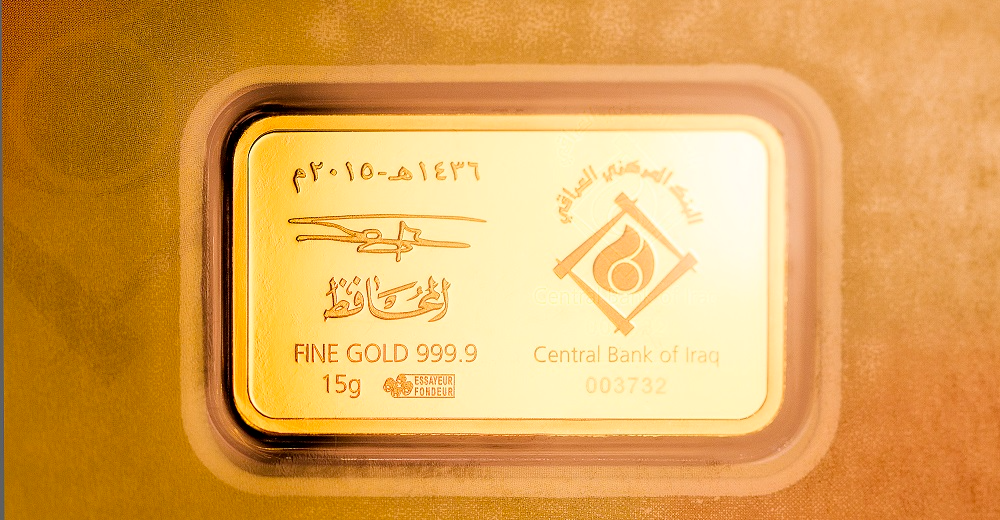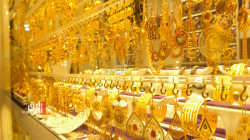Iraq's Financial Advisor explains why gold reserves are lower compared to hard currencies

Shafaq News/ On Wednesday, Mudher Muhammad Saleh, the Iraqi Prime Minister's financial advisor, explained why gold reserves are lower compared to other hard currencies.
In an interview with Shafaq News, Saleh explained, "Some countries still rely solely on gold as part of their monetary reserves, while the focus today is on assets that can be quickly converted into productive assets with long-term returns."
Countries have shifted away from using gold as a primary reserve asset in monetary reserves due to international economic developments and changes in financial systems. “Key reasons include gold's low returns compared to other assets, such as investing in deposits or government bonds with very high credit ratings, which are low-risk, unlike gold, which does not provide stable returns like government bonds,” he clarified.
“Most countries prefer assets that generate stable, fixed income, such as US or European treasury bonds, which offer real annual interest…Additionally, gold is less liquid during crises compared to financial assets like foreign currencies and bonds,” Saleh continued.
He further confirmed, "Since World War II, changes in the global financial system have led most countries to rely on the US dollar as their primary reserve, due to its widespread use in international transactions.”
Notably, Iraq holds foreign currency reserves of approximately $100 billion. It is 29th globally out of 100 nations with significant gold holdings, following Saudi Arabia and Lebanon in the Arab region. Iraq’s current reserves, now standing at 152.6 tons, account for approximately 11.5% of its overall foreign reserves.





